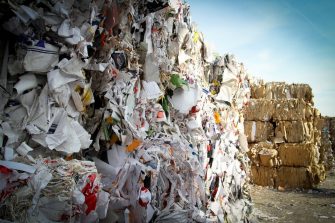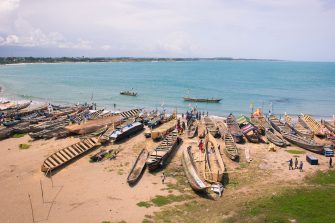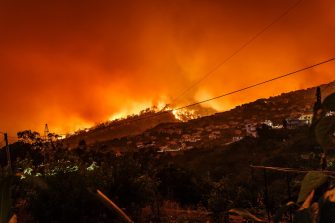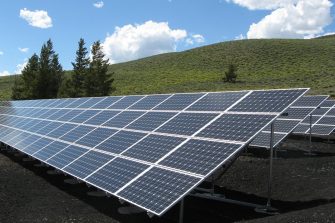Climate Action & Sustainability

We focus on initiatives that improve livelihoods while ensuring natural resources are protected for future generations.
The environmental dimensions of sustainable development focus on approaches to smooth transitions to clean energy futures, reverse biodiversity declines, ensure food security and deliver justice between nations and generations.
UNSW hosts over 700 academic staff undertaking research in climate change science, impacts, adaptation, mitigation, solutions, and policy across more than 30 Centres and Institutes, spanning 6 Faculties and over 40 schools. This includes foundational climate science as well as research into the impacts of climate change on security, law, policy, health, ecosystems, tourism, biodiversity, the built environment, coastal infrastructure, energy, decarbonisation, and water management.
In 2022, UNSW was recognised by Nature as the highest-ranking institute in physical sciences in Australia and 31st internationally for earth and environmental sciences. UNSW has unparalleled breadth and depth of research capabilities in climate research to support both government and industry in navigating the complex interactions between climate risk, impacts, adaptation, and solutions. UNSW is the national lead in its capabilities in climate change and climate-related research.









